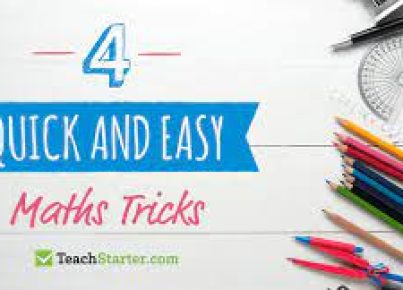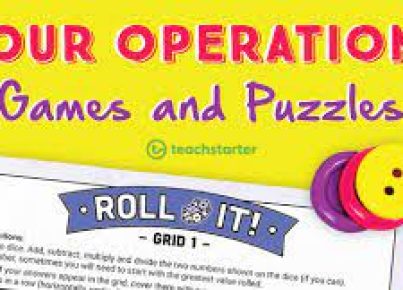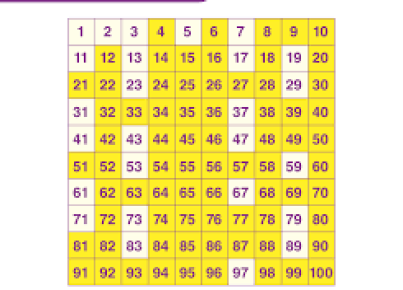Mathematics is often seen as a subject confined to the classroom or textbooks, but it is, in fact, deeply embedded in everyday activities, including sports and leisure. This reality shines through in a creative approach designed to make learning math both fun and practical: a maths investigation that turns mini-golf into an engaging lesson in financial mathematics.
The brilliant idea hosted on Teach Starter leverages the excitement of playing mini-golf to teach students about various mathematical concepts related to finance. The investigation challenges students to design and plan their own mini-golf course with a set budget in mind. This hands-on project not only fuels the imagination but also demands that students apply math skills to real-world scenarios.
Through the activity, children learn to calculate costs associated with creating a mini-golf course, such as material expenses, labor charges, and other associated fees. This requires them to engage with aspects of financial mathematics like addition and subtraction of money, multiplication for determining total costs from unit prices, division for budgeting, and even some aspects of geometry for designing the layout of their golf course. By imparting these skills in a playful context, learners can see the practical side of math beyond academia.
Moreover, this activity encourages collaboration among students as they work in teams to make decisions and manage their finances effectively. Such group work fosters communication skills and teamwork as well as the practical application of math. The project also allows teachers to integrate technology into learning by using spreadsheets or budgeting apps for the calculations.
This maths investigation aligns well with curriculum objectives that mandate the teaching of financial literacy and numeracy skills. In addition to being educational, this activity is adaptable across various year levels with different complexity added depending on student abilities.
By incorporating themes from real life — like sports such as golf into mathematics — educators provide students with valuable learning experiences that demonstrate how math is used in everyday situations. It’s initiatives like this that can transform students’ perceptions of math from daunting tasks to exciting challenges with real-life applications.
In conclusion, the “Let’s Play Mini-Golf” financial mathematics investigation provides an innovative platform for students to explore mathematical concepts through a fun and immersive experience. It stands as an example of how education can transcend traditional boundaries and equip young minds with both knowledge and enthusiasm for lifelong learning.





